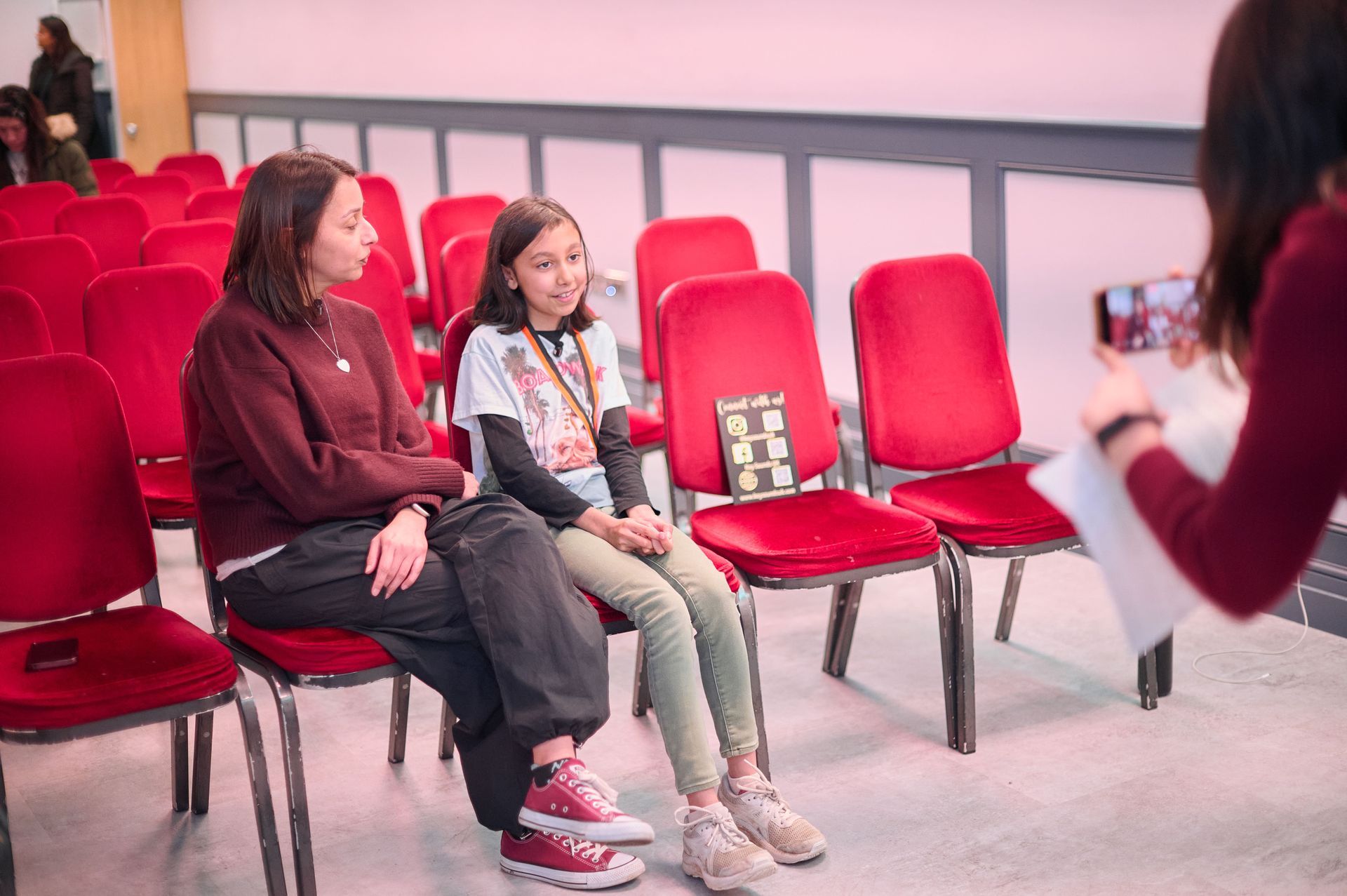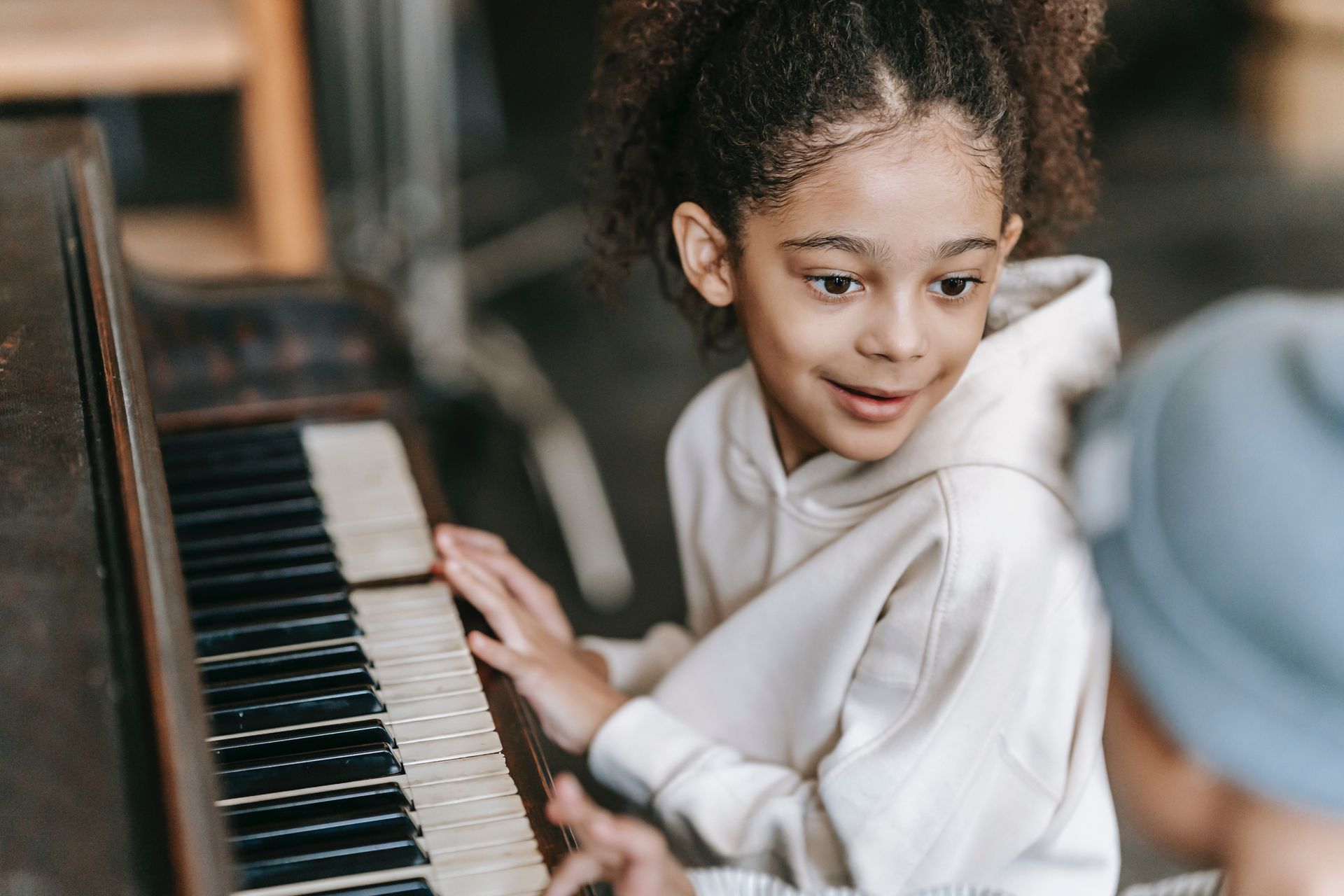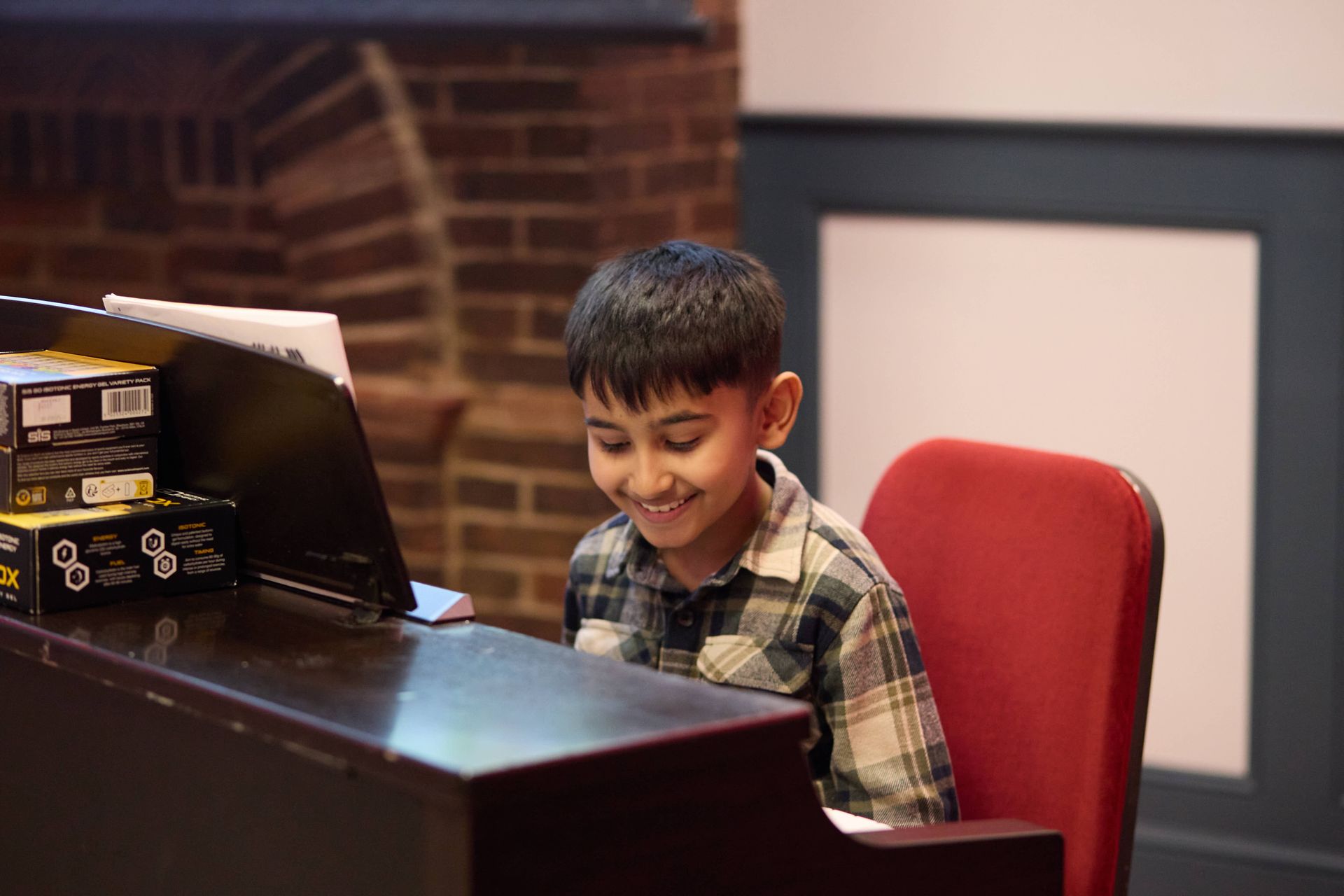Why Music Theory Matters
As a parent, you might be wondering what exactly is music theory, and why should it matter for your child’s piano lessons?
At Key Sounds UK, we believe theory isn’t just about exams and worksheets. It’s about helping young musicians truly understand what they’re playing and giving them tools that support progress, confidence, and creativity at the piano.
What Is Music Theory?
Think of music theory like the grammar of a language. It explains why things sound good, how pieces are structured, and what choices a musician can make. Just like in reading or writing, knowing the rules helps everything else click into place.
But here’s the thing: theory doesn't have to be dry or disconnected from playing.
How We Make It Work at Key Sounds UK
We’ve developed a unique fast-track, one-to-one teaching style that blends theory straight into practical piano lessons. Here’s how:
- We connect theory concepts between grades / levels so students don’t just pass an exam they understand the ideas behind the pieces.
- We use short, focused exercises that help students recognise patterns, solve musical “puzzles,” and feel more in control of what they’re learning.
This approach helps students progress faster, because they can make sense of their music and apply knowledge immediately.
Theory is MORE Than Notes on a Page
What surprises many parents is how much problem-solving and critical thinking are built into learning theory.
Your child isn’t just memorising facts they're learning to:
- Spot patterns and think ahead (a skill used in everything from maths to chess),
- Tackle challenges from multiple angles,
- Develop discipline, structure, and curiosity all without realising it.
We’ve seen time and again that students who grasp theory early on:
- Pick up pieces quicker,
- Improvise and compose with confidence,
- And enjoy their lessons more because they understand why things work the way they do.
At Key Sounds UK, we don’t teach theory as a box to tick, we use it as a key to unlock potential. Our students don’t just play the piano. They get it and that changes everything.
Get in touch to find out more information here: www.keysoundsuk.com/contact



